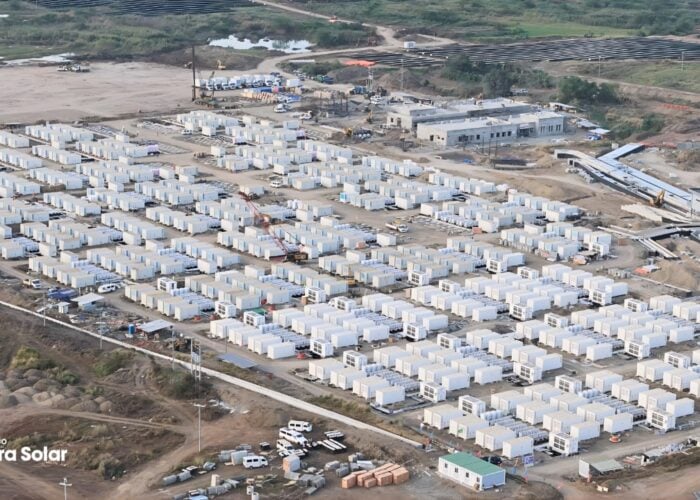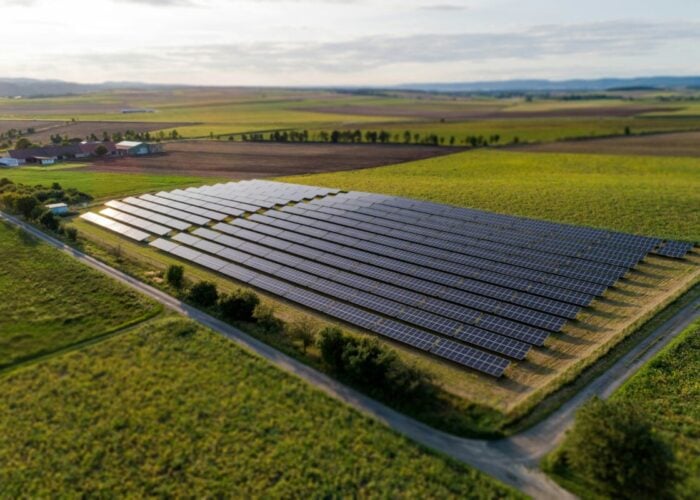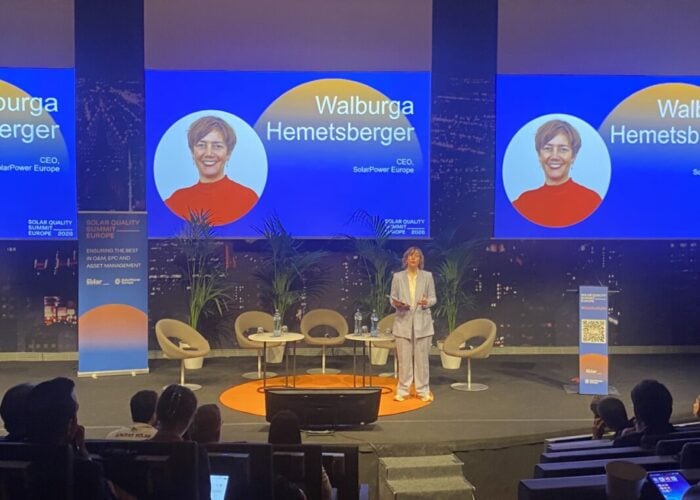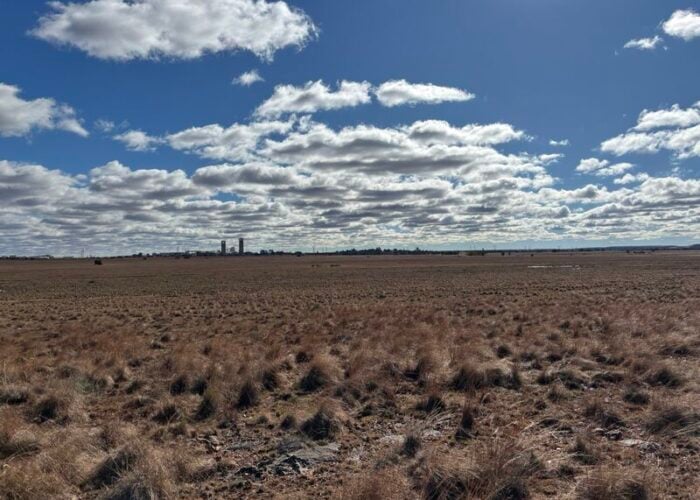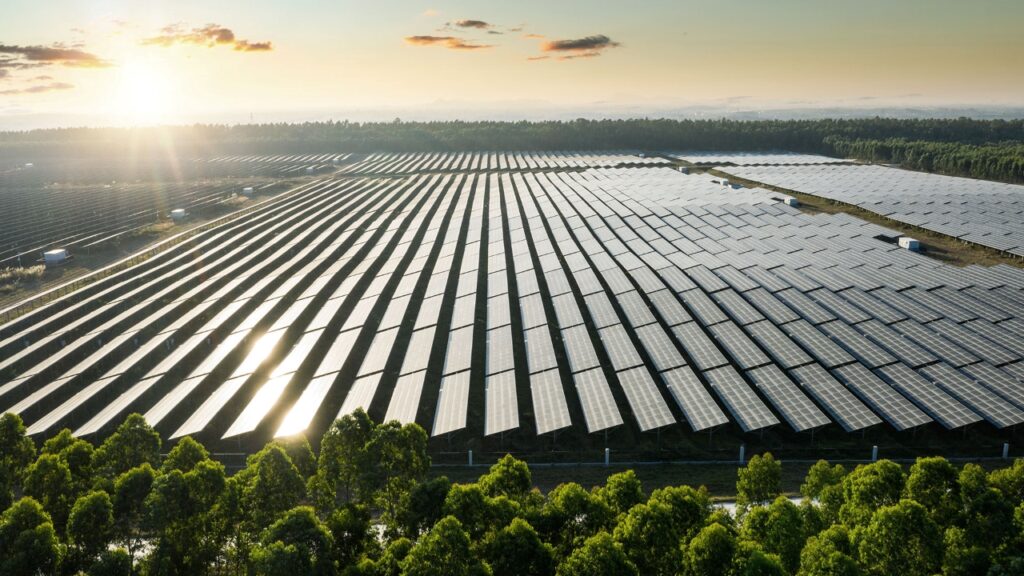
Independent power producer (IPP) RP Global has started construction at a 50MWp solar project in Harbke, Germany, on a former lignite mining site.
The project, RP’s first in Germany, is located on the former Wulfersdorf spoil tip on the Saxony-Anhalt/Lower Saxony border in the Börde district. RP is working with engineering, procurement and construction (EPC) firm MaxSolar, and the start of construction marks the initial phase of development, with future expansion planned.
Try Premium for just $1
- Full premium access for the first month at only $1
- Converts to an annual rate after 30 days unless cancelled
- Cancel anytime during the trial period
Premium Benefits
- Expert industry analysis and interviews
- Digital access to PV Tech Power journal
- Exclusive event discounts
Or get the full Premium subscription right away
Or continue reading this article for free
The Harbke solar park is being built on a former lignite mining site already served by two power lines, enabling efficient grid connection without new infrastructure. Once a key post-war energy source, the area is now being repurposed by the municipality to generate renewable power.
The PV plant is a flagship project for the Börde district, which is part of Germany’s ‘Global Sustainable Municipality’ initiative. As one of five model municipalities, Börde aims to integrate the UN’s 17 sustainable development goals (SDGs) into local governance, with Harbke set to play a key role in meeting its sustainability targets.
RP develops and manages solar, wind, hydro, green hydrogen and storage projects, with a pipeline of over 14GW. Headquartered in Vienna and Madrid, it has co-founded and invested in firms including power purchase agreement (PPA)-focused Pexapark and Eastern Europe-based IPP Enery.
In 2021, RP announced plans to develop over 1GW of solar and wind capacity in Poland within two to four years. The first projects, five PV parks totalling around 180MW across various regions, were scheduled for commissioning by mid-2022.

